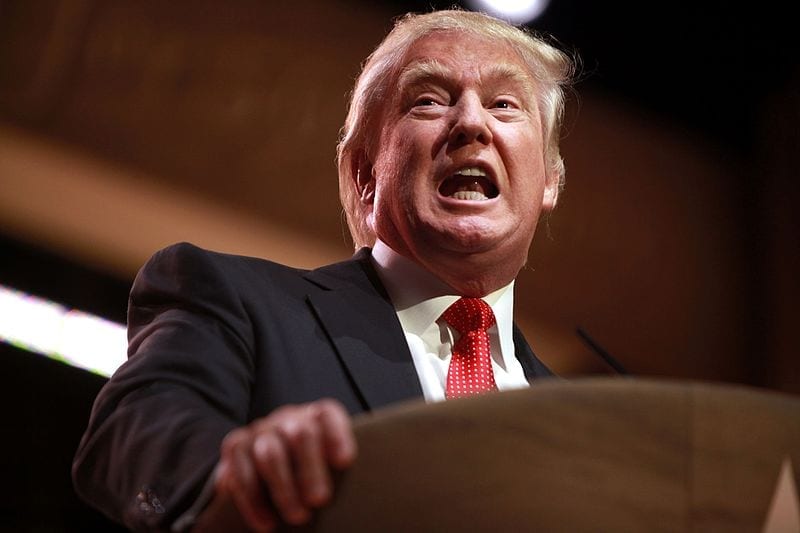Among the affected six nations is Nigeria–a country which has provided the U.S. with some of its most educated, affluent immigrants.
President Donald Trump has enacted new travel restrictions against six nations, most of which are in Africa.
The administration announced its decision at the beginning of February. According to CNN, residents of four countries will be ineligible to apply for U.S. visas for a half-year. They include the African nations of Nigeria and Eritrea, along with Myanmar and Kazakhstan.
Alongside the six-month halt on travel, citizens of Tanzania and Sudan will no longer be able to apply for the so-called “Green Card Lottery.”
National Public Radio (NPR) notes that, unlike the administration’s past travel ban, citizens of affected nations will still be able to come to the United States as refugees, students or tourists. However, the policy does include important stipulations, some of which preclude opportunities to permanently settle in the U.S. Nigerians, for instance, will face additional obstacles in obtaining residency and green cards, with government officials citing security concerns as justification.
Department of Homeland Security Acting Secretary Chad F. Wolf said the prohibitions aren’t tantamount to “blanket restrictions.”

“These tailored restrictions will make the U.S. safer and more secure,” Wolf said. “And countries that make the necessary improvements will have their restrictions removed accordingly.”
Some immigration attorneys and activists told the New York Times that the department’s rationale doesn’t hold water: after all, immigrant-type visas are usually more carefully vetted than visitor visas. In other words, a Nigerian with an employment opportunity in the U.S. would be far more carefully screened than one simply hoping to go on holiday.
Akinbode Akinmutimi, a Nigerian cybersecurity analyst living in the United States, told NPR he can understand the government’s precaution—but only if and when they’re not over-generalized and applied to entire nationalities.
“They should make sure they vet people coming to the United States,” Akinmutimi said. “But putting the entire ban on a country […] I don’t think it’s proper.”
“We have doctors, we have lawyers, we have many people that are doing very well,” he added.
And as NPR reports, Akinmutimi’s assertion is backed by statistics. First- and second-generation Nigerians living in the United States are among the most educated ethnic groups in the United States, holding bachelor’s degrees and professional qualifications at rates far exceeding their American counterparts.
While NPR spoke to other Nigerian nationals who believe the Trump administration’s decision is motivated by Islamophobia—Nigeria, Sudan, Tanzania and Eritrea all have significant Muslim populations, with Sudan being Muslim-majority—government officials have protested any such accusations.
“These restrictions do not reflect animus or bias against any particular country, region, ethnicity, race, or religion,” the Department of Homeland Security said in a statement.
The New York Times notes that, with Nigeria added to its list of visa-restricted countries, nearly a quarter of Africa’s population is now subject to visitation and immigration restrictions.
Sources
Nigeria ‘Blindsided’ by Trump Travel Ban, Its Top Diplomat Says


Join the conversation!